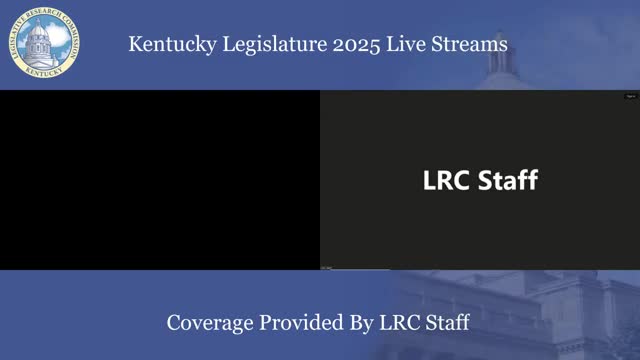Committee backs measure creating misdemeanor offense for equipment rental holdovers
Get AI-powered insights, summaries, and transcripts
Subscribe
Summary
House Bill 201 as amended would create a theft-of-services-style misdemeanor for renters who intentionally keep rented equipment beyond agreed terms but return it later; proponents said civil remedies often fail, county attorneys supported limited criminal penalties and the committee reported the bill favorably.
The House Judiciary Committee reported House Bill 201 favorably after adopting a committee substitute that, sponsors said, creates a misdemeanor pathway to address intentional holdovers of rented equipment even when the item is later returned.
Representative Matt Lockett, sponsor of the bill, said the measure updates prior language and relocates certain conduct from the theft-of-services statute into the theft statute to give rental businesses clearer criminal remedies when customers keep equipment beyond the agreed rental term. Ian Goff, a business owner who testified, described common scenarios in which a customer pays for one day, keeps an item for weeks and then returns it without paying for the extended use; he said civil collection and credit-card chargebacks often fail to make rental businesses whole.
Joe Ross, Logan County Attorney and president of the Kentucky County Attorneys Association, told the committee the proposed approach provides prosecutors with a realistic option to pursue people who exploit rental businesses and then return items. Ross said law enforcement can sometimes treat these cases under general theft statutes, but prosecutions are harder when items are returned; the substitute would allow prosecution as a misdemeanor where restitution is limited to cases in which the item is not returned.
Opponents and some committee members asked whether existing statutes and contractual remedies are sufficient. Representative Mosher and others said the situation could be handled contractually or by holding a credit-card authorization. Proponents replied that contested card charges and chargebacks often leave owners without recourse. Representative Williams, with law-enforcement experience, said officers’ hands are “kinda tied” when a merchant is told the issue is civil; he supported the bill as a tool for faster response.
The committee adopted the substitute and reported House Bill 201 favorably; the title vote and subsequent clerk’s announcement recorded 17 yes votes and no recorded no votes. The committee discussion referenced existing KRS theft provisions (including KRS 514.060 and KRS 514.070 and KRS 514.020) and noted that the substitute is intended as a targeted remedy for “gray area” cases where an item is returned after an intentional holdover for unpaid use.
Supporters framed the bill as protecting small businesses and rental owners from repeated, intentional nonpayment; skeptics urged reliance on civil remedies and questioned whether a new criminal provision is necessary.
